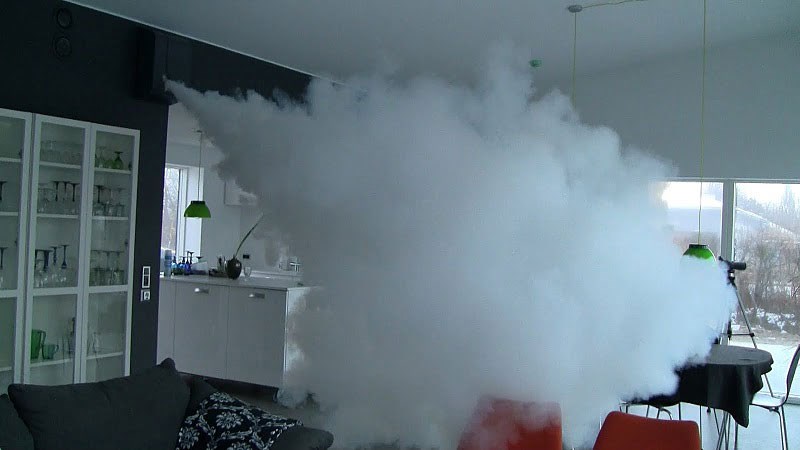A Barrie area company has launched a new product it claims can identify intruders with the "gold standard" of DNA.
Smoke Solutions has developed SmokeCloak EASY DNA, a system that combines security fog with a DNA mark.
"It's giving police work another advantage to solving crimes," said company president Kevin Paul.
The system releases security fog or smoke within seconds after an intruder enters a business, totally obscuring vision and immobilizing the criminal.
The DNA marks, which are an ingredient in the fog, comprise the "secret sauce."
The marks are encoded with the location of the premises and other information.
The DNA is botanically-derived, not human.
The result?
The company says the bad guy is labelled with an "invisible tag" embedded in the vapour.
Police will have evidence to tie the criminal to the crime--once the criminal is caught.
"The DNA will stay on skin for about two weeks. You can't wash it off," said Paul.
It falls off eventually in skin cells but it stays in ear and nose canals for much longer, according to Paul.
The better bet is shoes.
"It gets in the eyelets of the shoes and that could be there indefinitely," Paul explains.
He says the company has sold the SmokeCloak to about 3000 businesses in Ontario.
The fog security product has been sold worldwide for 20 years.
But this is the first time the DNA biotechnology ingredient has been added.
The DNA testing will be done in a lab in Stoney Brook, New York.
The cost of the SmokeCloak DNA security system is about $2400.
The system has already won Popular Science's coveted "Best of What's New" award.
Paul started the business from his home in Innisfil.
The company will be presenting its new invention later this month at the Canadian Association of Defence and Security Industries Securetech Trade Show and Conference in Ottawa.
Because it's brand new, the DNA component of the system has yet to be presented in court as evidence.



